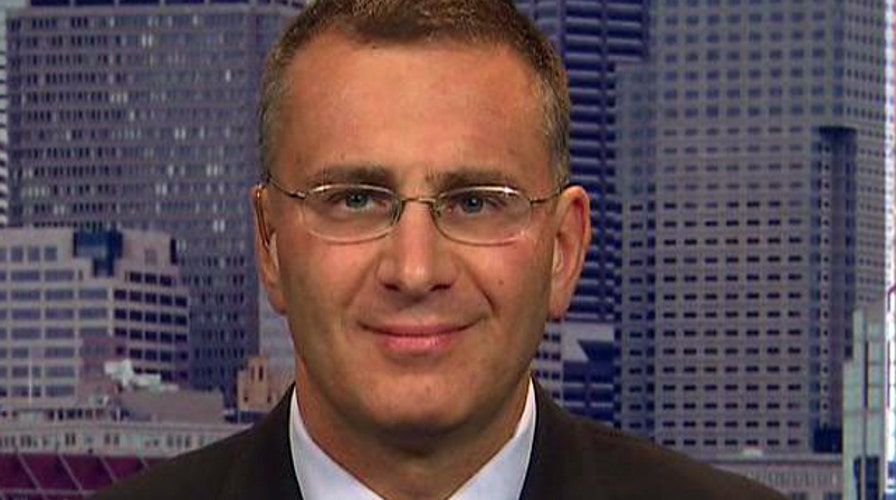President Obama's proposal to allow insurance companies to keep offering consumers plans that would otherwise be canceled under the federal health care law could lead to an increase in premiums, according to insurance industry experts and state regulators.
America's Health Insurance Plans, the main industry trade group, said Obama's offer comes too late and could lead to higher premiums, since companies already have set 2014 rates based on the assumption that many people with individual coverage will shift over to the new markets created under the law.
"Changing the rules after health plans have already met the requirements of the law could destabilize the market and result in higher premiums for consumers,” Karen Ignagni, president of the industry group, said in a statement in reaction to Obama's plan.
“If due to these changes fewer younger and healthier people choose to purchase coverage in the exchange, premiums will increase in the marketplace, and there will be fewer choices for consumers.”
In a letter to state insurance commissioners Thursday, the Obama administration referred to the risk of ‘‘unanticipated changes in premium revenue.’’ It promised to provide assistance through other provisions of the health care law.
The chief complaints among insurers are that changing the rules at this stage and allowing people to renew cheaper, lower-premium policies will upend the financial balance that the industry was trying to strike -- likely resulting in higher premiums for others.
Plus there's the logistical matter of companies reaching out to customers who have already received cancellation notices and insurance commissioners reassessing rates and plans for 2014 which had already been set.
It remained unclear Friday if state officials, who would have to implement the changes, would go along with the president's change.
Obama's proposal "may lead to higher premiums and market disruptions in 2014 and beyond," said Louisiana Insurance Commissioner Jim Donelon, speaking for the organization.
Washington state Insurance commissioner Mike Kreidler, within hours of Obama's announcement, said his state would not be making any changes.
"I know that many people who buy their own health insurance have struggled to keep their coverage. That is why we have worked so hard to make these significant changes," he said. "I do not believe his proposal is a good deal for the state of Washington.
Oklahoma Insurance Commissioner John D. Doak ridiculed the president's decision, saying Obama is "just passing the buck."
Officials in Rhode Island said Friday they won't be adopting Obama's option, noting that its 2014 plans have gone through a "rigorous review process" designed to ensure they meet the standards under the law.
In Nevada, Gov. Brian Sandoval urged Congress to reconsider ObamaCare, arguing that the president's about face to allow people to keep their old health insurance policies has made the law unworkable.
"As a state, Nevada's only choice was whether to let the federal government control the process or manage the process ourselves. We rightly opted for the latter," Sandoval said in a statement.
"Now, despite our best efforts to comply with this ill-conceived law, the failure at the federal level has made this effort in Nevada significantly more difficult or even impossible."
The Republican-controlled House of Representatives on Friday passed a bill to let insurance companies sell individual health coverage to anyone, even if it falls short of law mandates.
The final vote was 261-157, with 39 Democrats breaking ranks and supporting the legislation. The measure faces an uncertain fate in the Senate, where Democrats seeking re-election in 2014 are leading a move for generally similar legislation.
The Associated Press contributed to this report.





